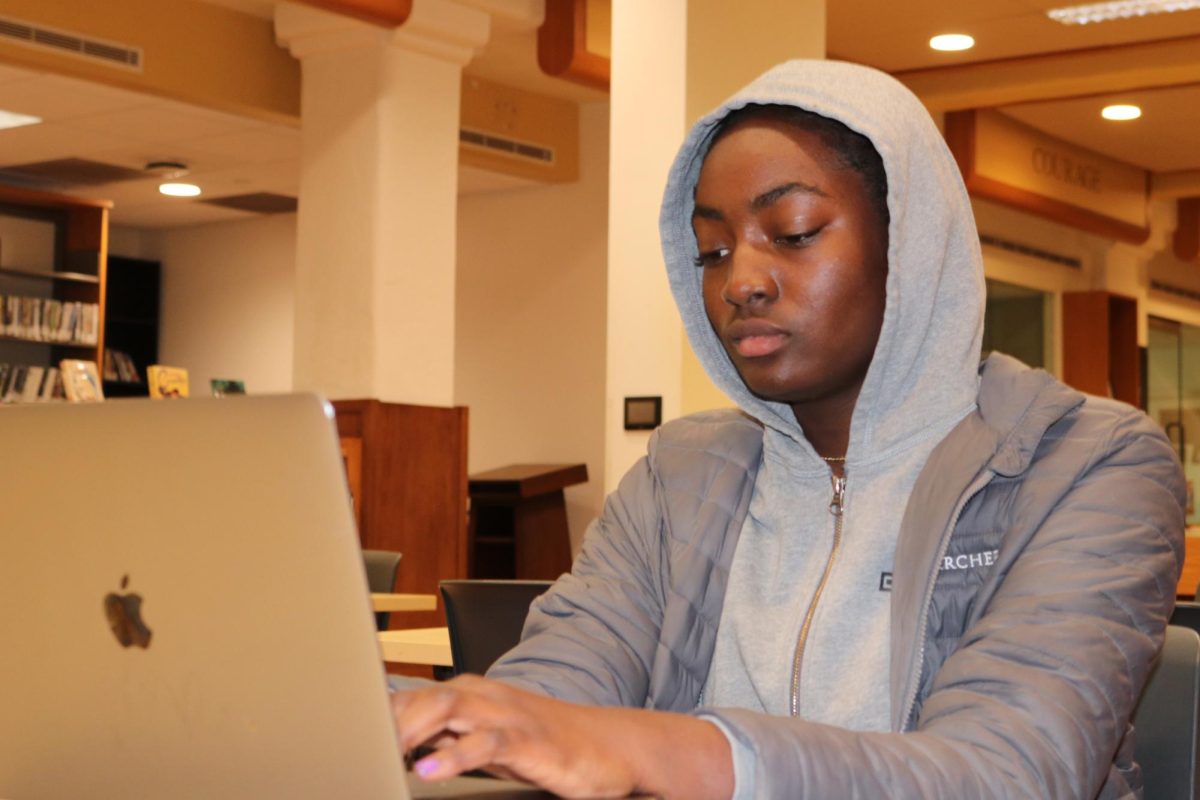“Sky blue and spitting rain at us / Kites writing names in the sky / Years and years of tears.” These are the first lines of eighth grade student Dara Alitoro’s acrostic poem, which spell out “Sky,” “Clouds” and “Stars.”
Alitoro uses these words to comment on how she is affected by the world around her. She said her world often includes dealing with microaggressions and navigating unconscious biases in her everyday life.
When assigned to write an acrostic poem for her eighth grade English class, Alitoro said she wrote about what she looks up at, while many of her peers focused their poem on people they look up to. She decided to write her poem about her experiences as a Black person.
“Everywhere we go, it’s kind of like you have to put a guard up,” Alitoro said. “You’re not really sure how people are going to perceive you.”
Alitoro said, in third grade, one of her classmates refused to sit next to her during an after school science program, saying racist things as the teacher listened without speaking up. More recently, Alitoro said she was browsing in a store with her hood on when a white security guard asked to search her backpack. Although he claimed he was checking the security footage and that the store didn’t allow people with hoods to walk in, Alitoro saw others wearing their hoods.
“I felt really discriminated [against] because I felt like he was targeting me,” Alitoro said. “He wasn’t doing it to anybody else.”
It was experiences like these that shaped Alitoro’s poem. Her English teacher, Alex Greenberg, said her poem felt emotional and personal, and this assignment made her realize how Alitoro shines in creative writing, especially through using strong imagery.
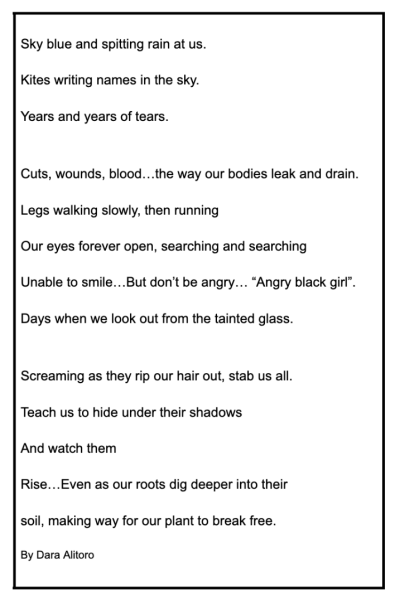
“She always is able to appeal to her readers’ emotions,” Greenberg said. “When she reads out loud, it’s like everyone else just pauses and really is able to feel what she’s saying.”
When first beginning the writing process, Alitoro thought about social standards. She tied many of her real life experiences into the lines of her acrostic; they reference encounters she has had that have affected her outlook on the world.
“It says, ‘But don’t be angry, ‘Angry black girl,” because I feel like we experience a lot of things that we can be angry about. But when we are angry or when we do get mad over stuff that we should get mad about, everybody’s just like, ‘Oh, no, of course she’s just mad. She’s angry,’” Alitoro said. “We can’t ever show our emotions, even when we’re treated unfairly.”
During a “writing fever” FLX Block that English teacher Sala Bandele-Jackson taught, Alitoro showed Bandele-Jackson her work. Bandele-Jackson said she was touched by the poem and expressed she was proud of Alitoro for finding her voice as a middle schooler, student of color and newer student.
“Dara has really found her way. She’s found herself, and I know last year she kind of struggled sometimes to, again, find her voice,” Bandele-Jackson said. “I was really proud of her for being open and honest in her writing.”
Bandele-Jackson said she noticed Alitoro’s strong writing abilities and interest in poetry. She was happy that Alitoro could use her poetry skills to write something strong, impactful and even something Bandele-Jackson could personally relate to.
“I felt a level of connection to what she was saying because I could relate to what she was saying. I appreciated her words,” Bandele-Jackson said. “I felt like I could see myself in what what she was writing.”
As a person of color, Alitoro said she often feels like she has to be especially cautious in her everyday life because she never knows when a situation might escalate. Being a Black student at a predominantly white school, Alitoro said she hopes to use her poem as an eye-opener for her white peers to help them understand her perspective.
“My experience is different,” Alitoro said. “It’s kind of an unfair system in which colored people have to, or people of color have to work a lot harder.”
This story was originally published on The Oracle on January 15, 2024.

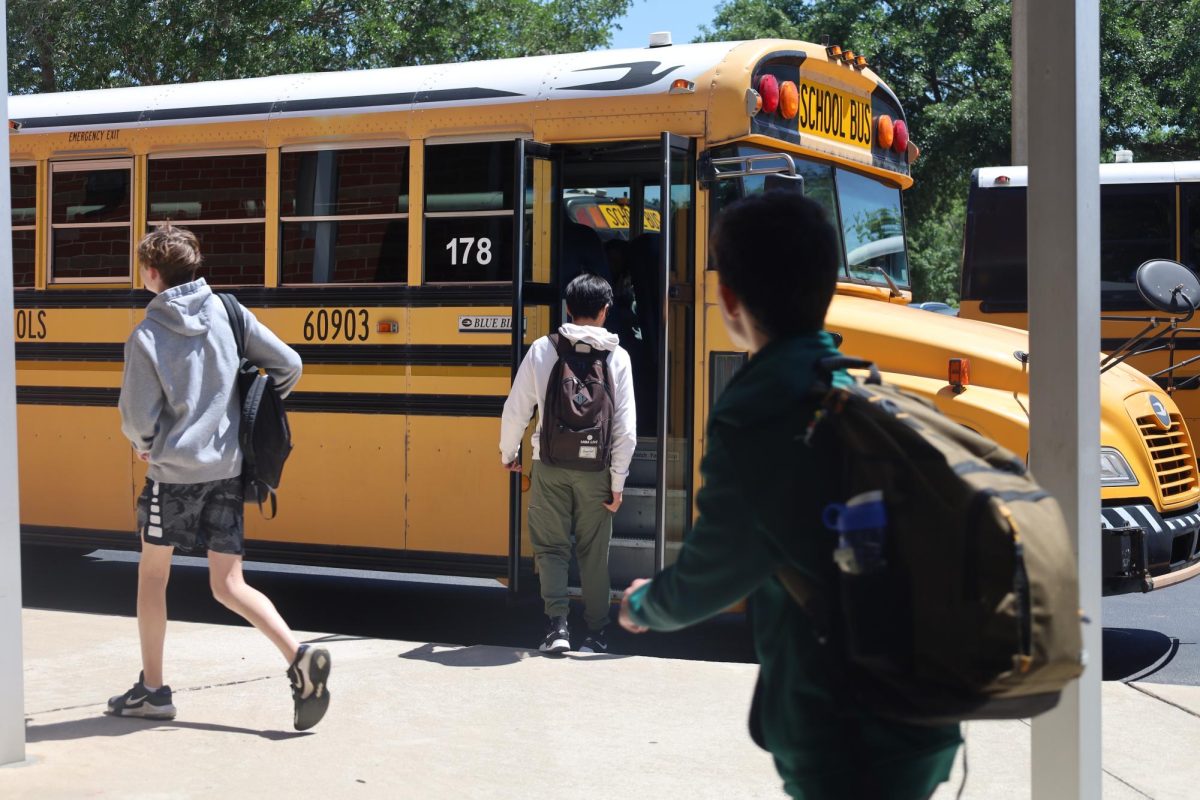

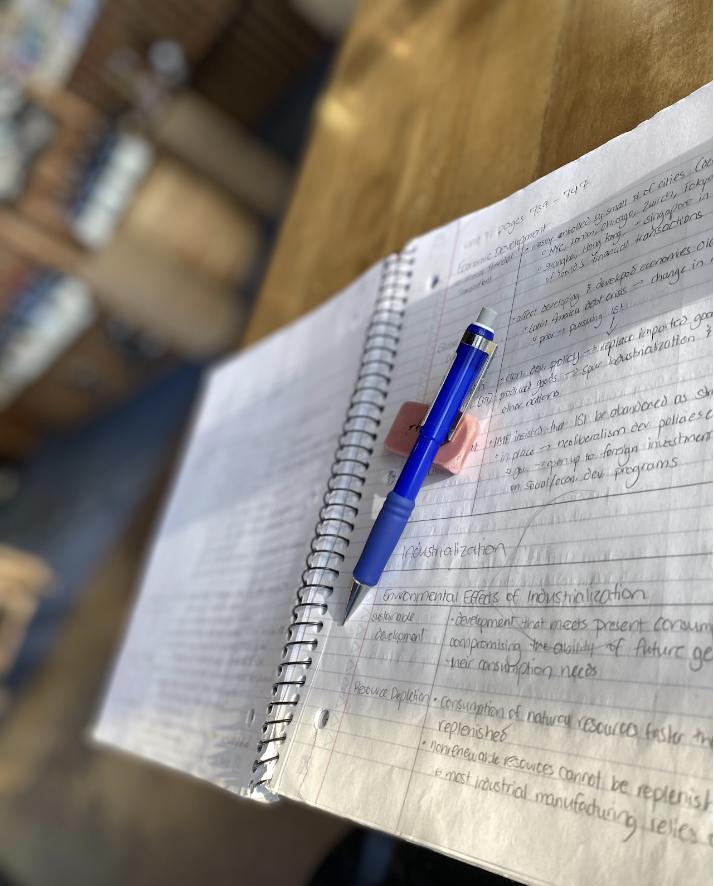
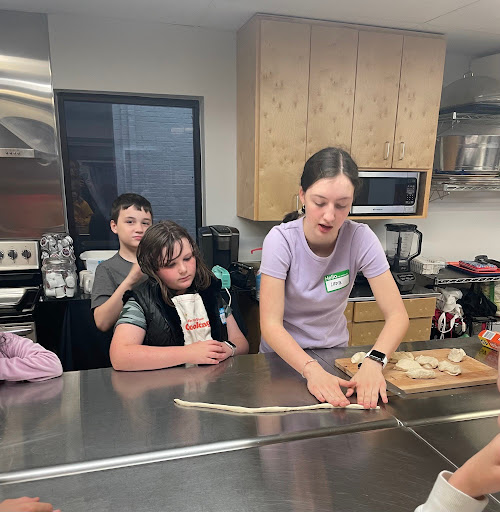
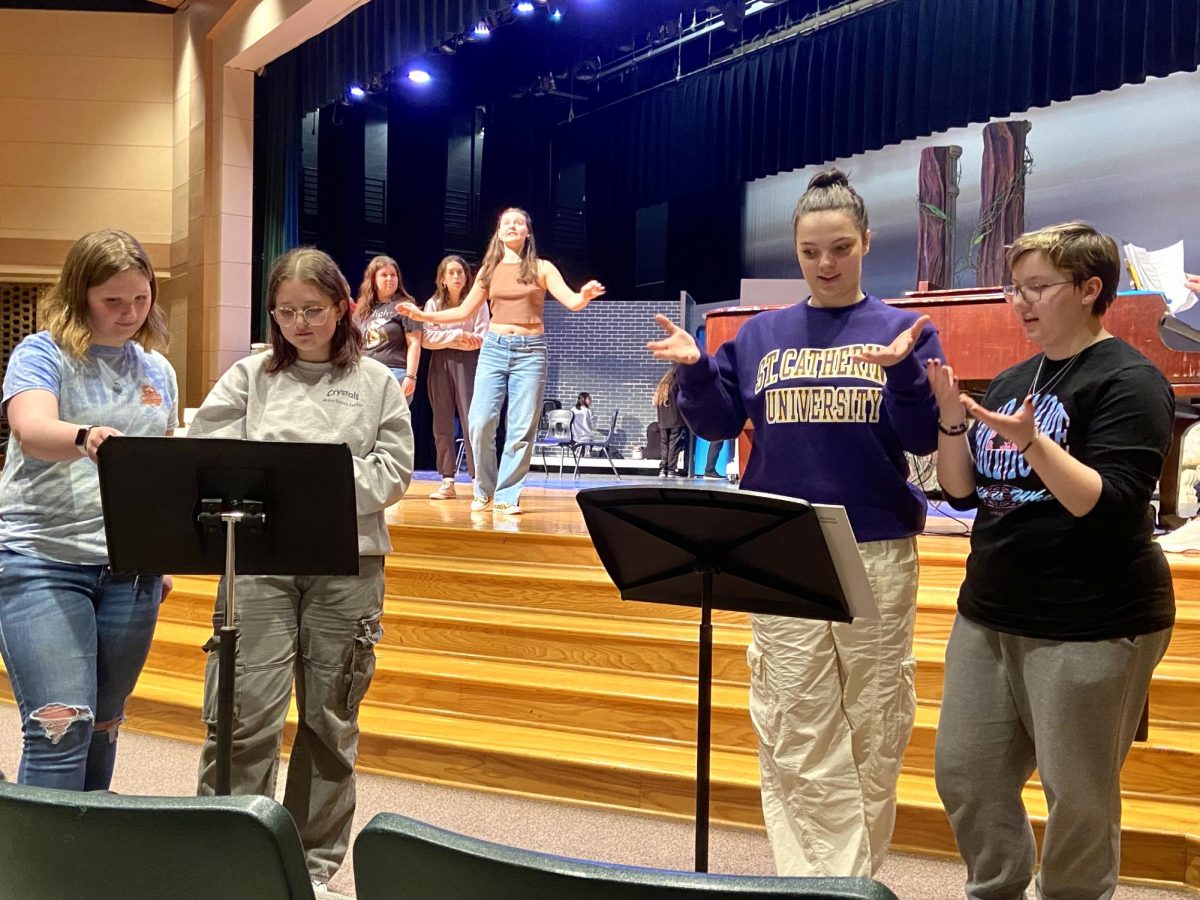
![It was definitely out of my comfort zone to get [the dress] and decide I loved it enough not to wait and risk not having something that memorable.](https://bestofsno.com/wp-content/uploads/2024/04/Precious_20180902_JRS_00008_ed1.jpg)
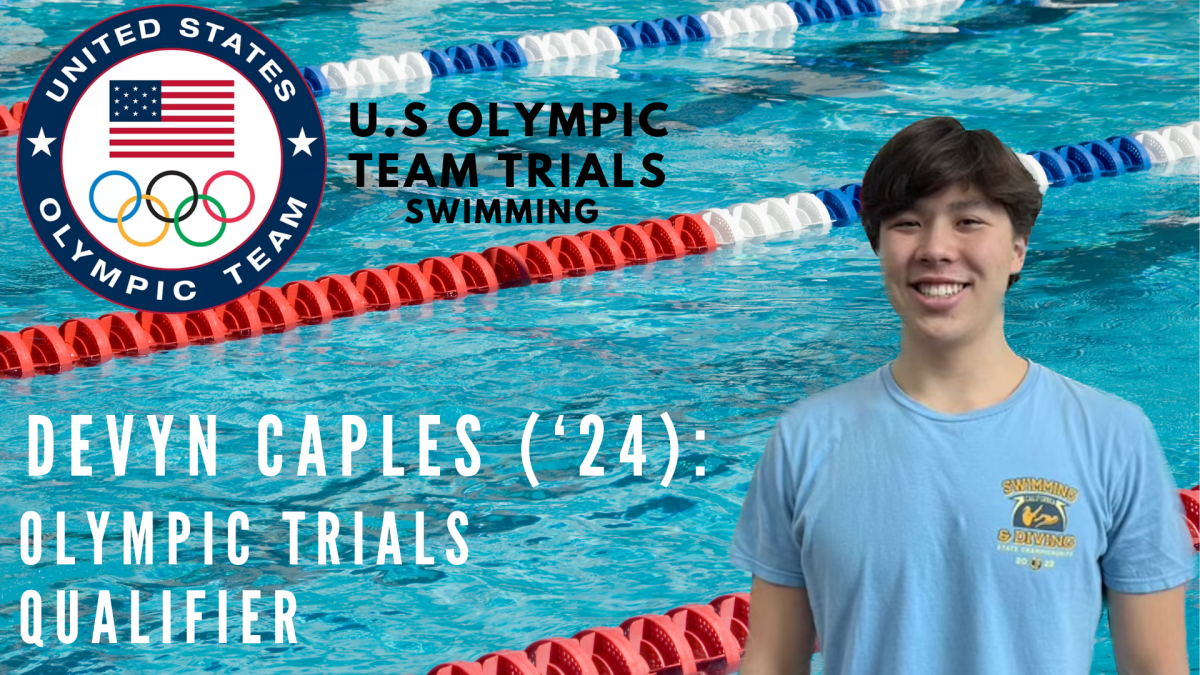

![Sophomore Sahasra Mandalapu practices bharatanatyam choreography in class. These new dances will be performed in an annual show in February. Mandalapu found that practicing in class helped her overcome stage fright during her performances. “When [I] get on stage, Im nervous Im going to forget, even though Ive done it for so long,” Mandalapu said. “Theres still that little bit of stage fright [when] I second-guess myself that I dont know it enough, but I do because Ive been practicing for a whole year.”](https://bestofsno.com/wp-content/uploads/2024/05/Sahasra-6-Large-1200x844.jpeg)

![In their full runway outfits, (from left) Audrey Lee 25, Olivia Lucy Teets, 25, Fashion Design teacher Ms. Judy Chance, and Xueying Lili Yang pose for a photo. All three girls made it to Austin Fashion Week by getting in the top 10 in a previous runway show held by Shop LC.
[I like my students] creativity and how they can look at a fabric and make it their own, Ms. Chance said.](https://bestofsno.com/wp-content/uploads/2024/04/IMG_9686-e1714088765730-1129x1200.jpeg)
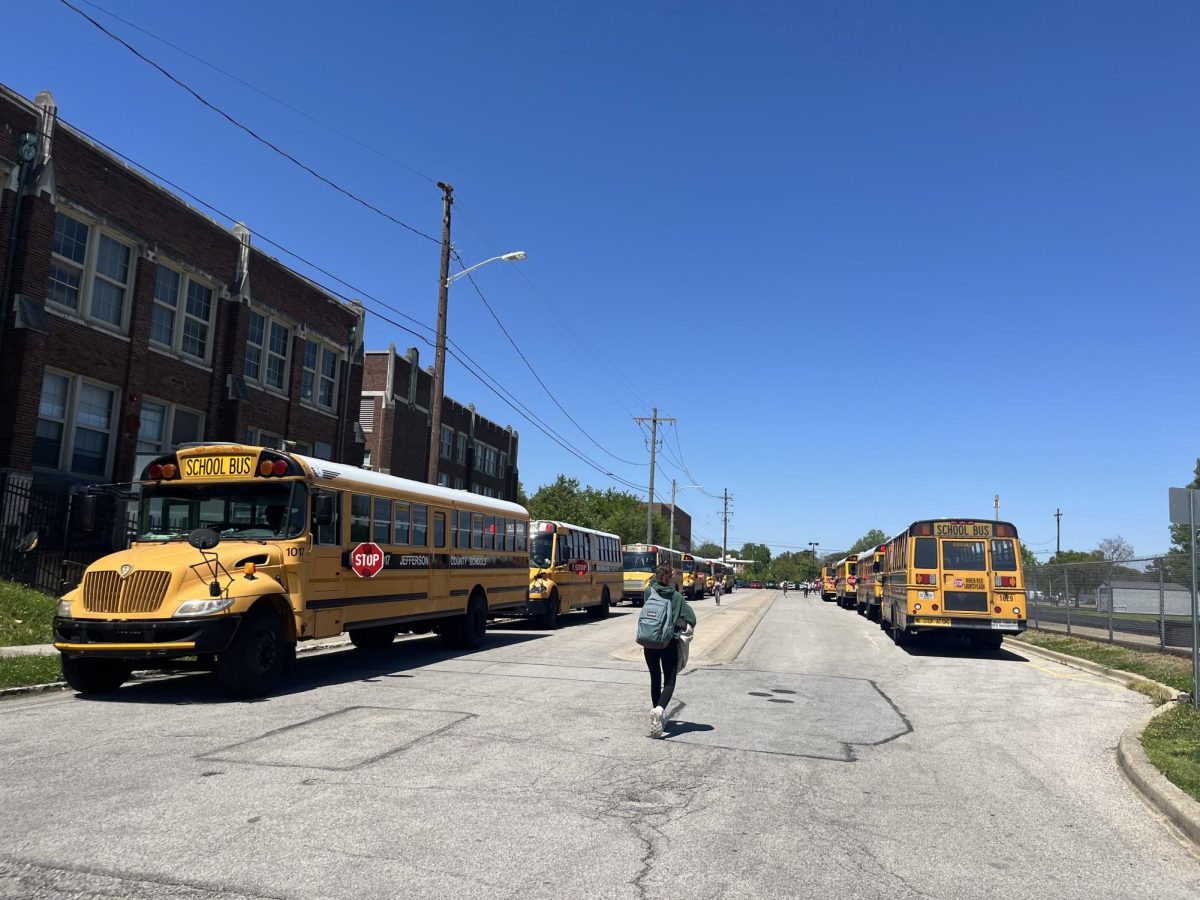




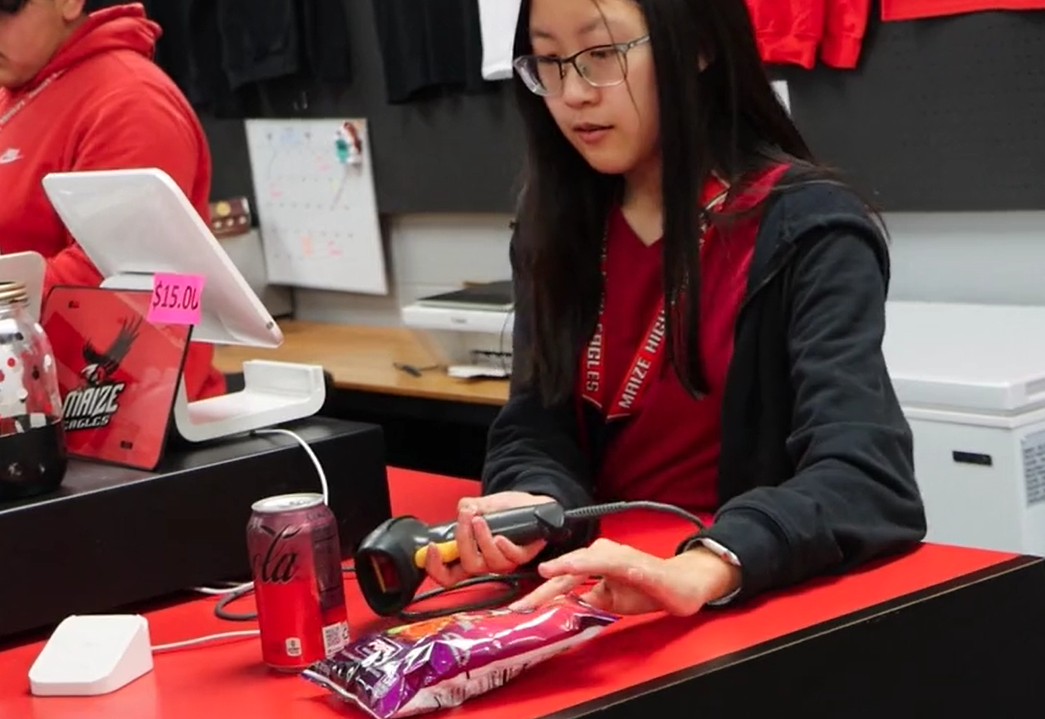
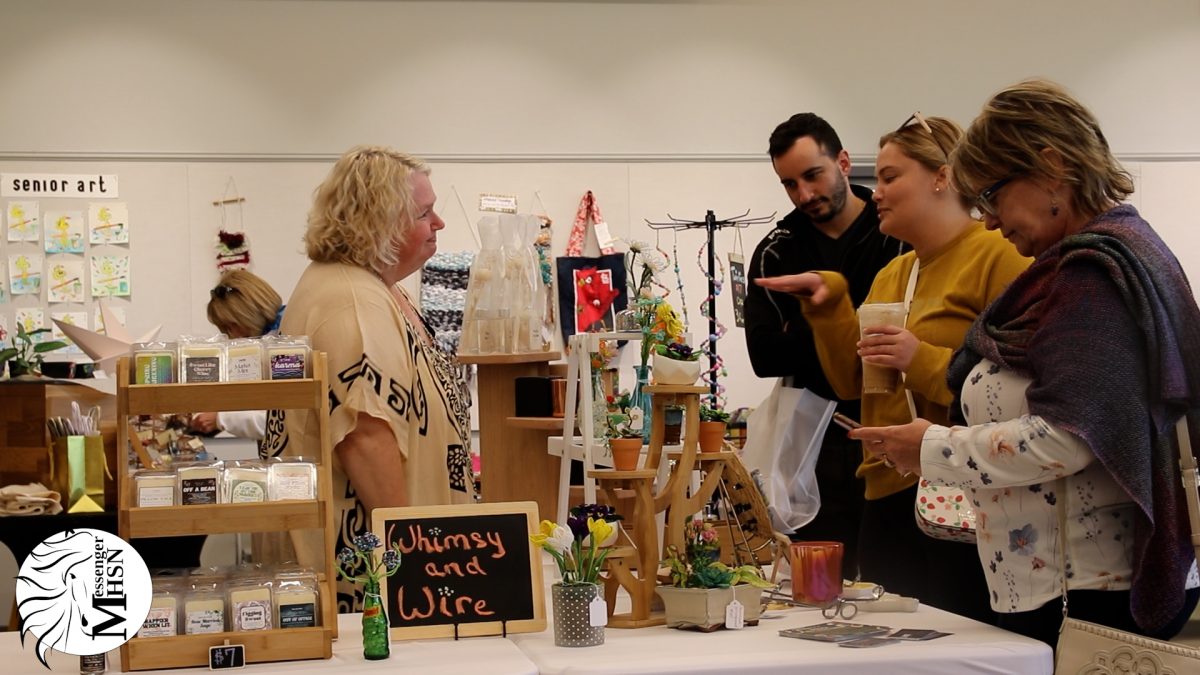







![IN THE SPOTLIGHT: Junior Zalie Mann performs “I Love to Cry at Weddings,” an ensemble piece from the fall musical Sweet Charity, to prospective students during the Fine Arts Showcase on Wednesday, Nov. 8. The showcase is a compilation of performances and demonstrations from each fine arts strand offered at McCallum. This show is put on so that prospective students can see if they are interested in joining an academy or major.
Sweet Charity originally ran the weekends of Sept. 28 and Oct. 8, but made a comeback for the Fine Arts Showcase.
“[Being at the front in the spotlight] is my favorite part of the whole dance, so I was super happy to be on stage performing and smiling at the audience,” Mann said.
Mann performed in both the musical theatre performance and dance excerpt “Ethereal,” a contemporary piece choreographed by the new dance director Terrance Carson, in the showcase. With also being a dance ambassador, Mann got to talk about what MAC dance is, her experience and answer any questions the aspiring arts majors and their parents may have.
Caption by Maya Tackett.](https://bestofsno.com/wp-content/uploads/2024/02/53321803427_47cd17fe70_o-1-1200x800.jpg)
![SPREADING THE JOY: Sophomore Chim Becker poses with sophomores Cozbi Sims and Lou Davidson while manning a table at the Hispanic Heritage treat day during lunch of Sept 28. Becker is a part of the students of color alliance, who put together the activity to raise money for their club.
“It [the stand] was really fun because McCallum has a lot of latino kids,” Becker said. “And I think it was nice that I could share the stuff that I usually just have at home with people who have never tried it before.”
Becker recognizes the importance of celebrating Hispanic heritage at Mac.
“I think its important to celebrate,” Becker said. “Because our culture is awesome and super cool, and everybody should be able to learn about other cultures of the world.”
Caption by JoJo Barnard.](https://bestofsno.com/wp-content/uploads/2024/01/53221601352_4127a81c41_o-1200x675.jpg)




